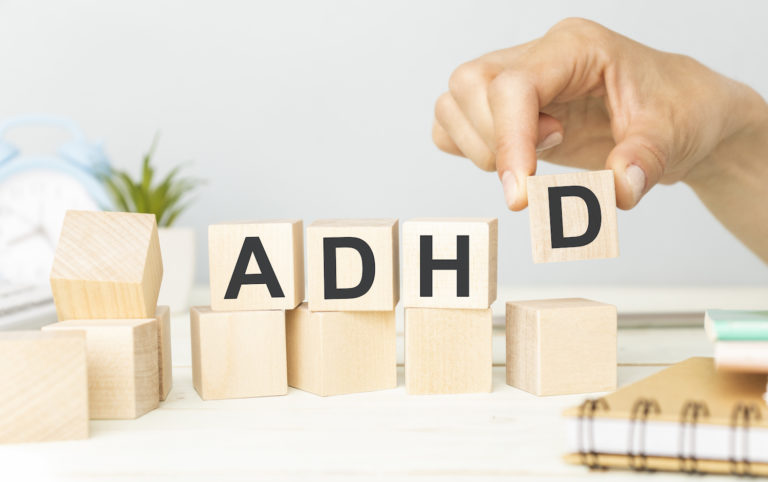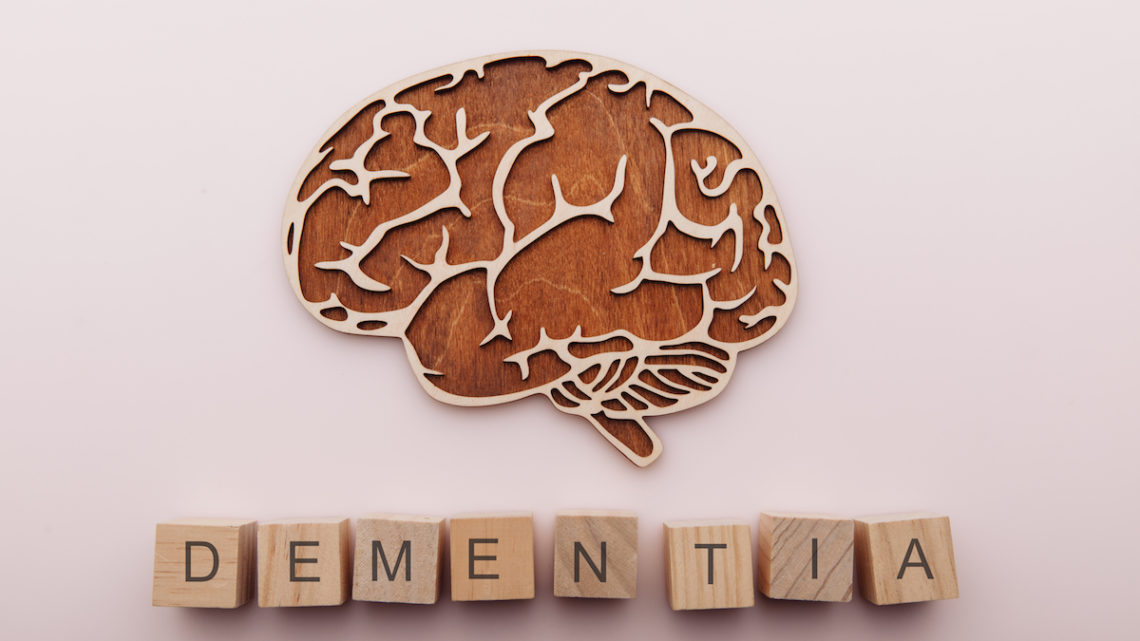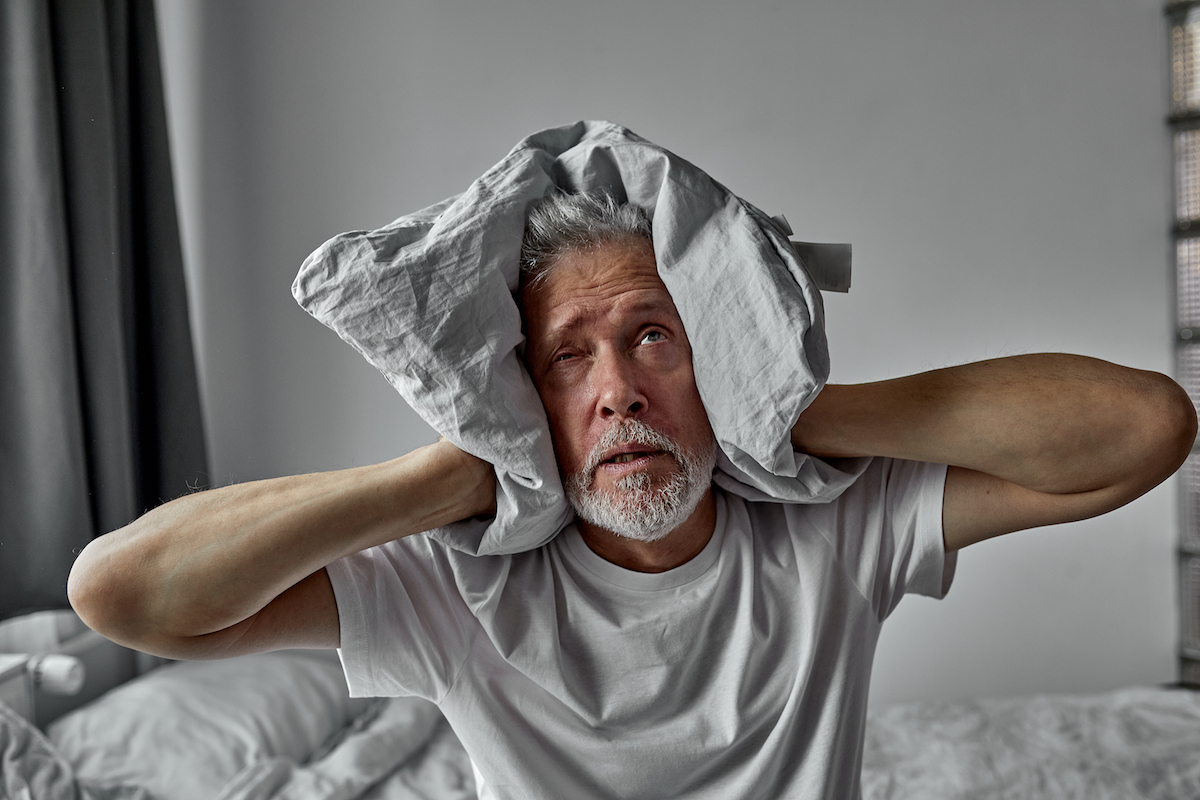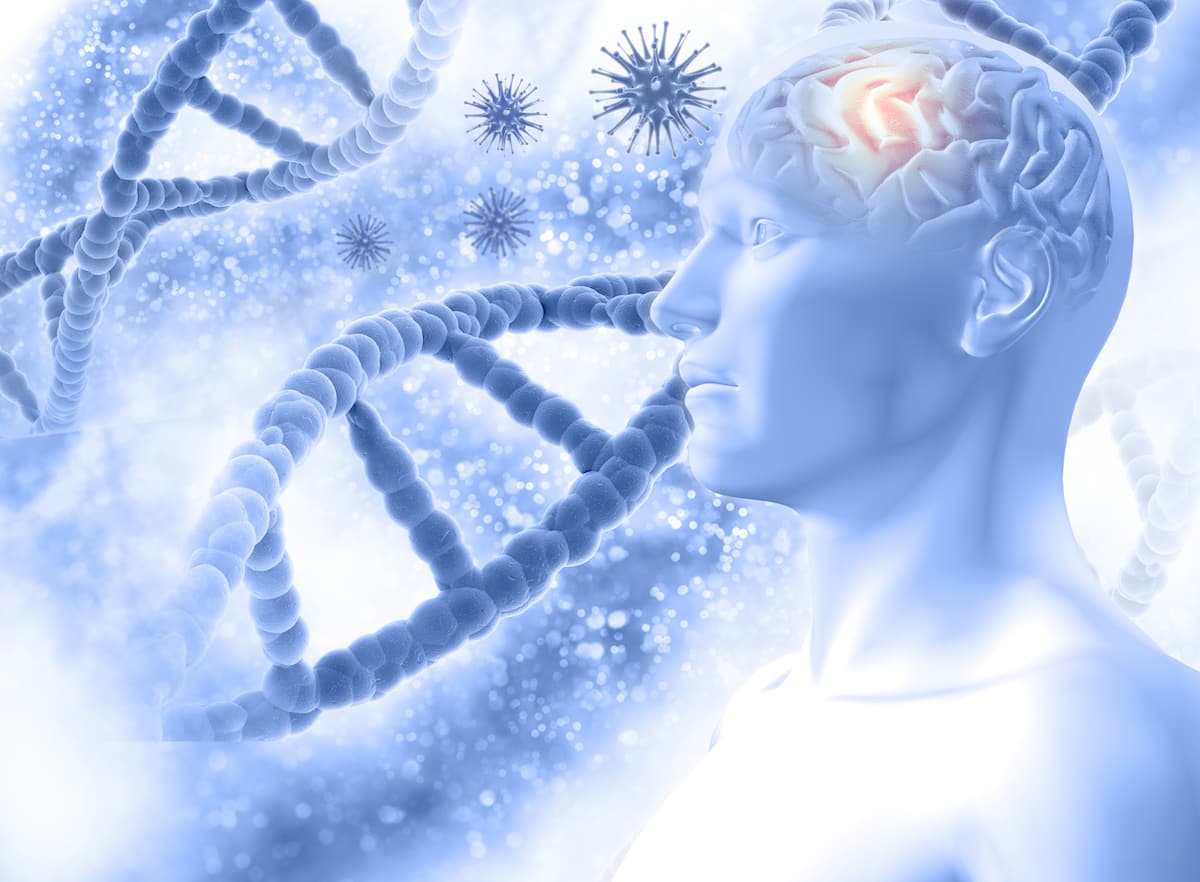Updated on 15. November 2021 from ÁYIO-Q Redaktion
Reading time: approx. 4 minutes
Along with depression, dementia is one of the most common diseases of the psyche in advanced age. Since anxiety is often added to this in older people, it is not easy for the GP to make the correct diagnosis. In addition, most seniors find it difficult to talk openly about their mental health problems. Thus, in many cases, a decline in mental abilities only becomes noticeable when existing cardiovascular diseases or metabolic disorders such as type 2 diabetes mellitus worsen and a specialist is consulted.1
In the last part of our series on dementia and Alzheimer’s, we look at the question of whether those affected can influence the course of the disease through their psyche. Can memory and other cognitive performance be improved with the power of the mind?
Alzheimer’s disease: new findings from placebo research
In many chronic diseases, the placebo effect has a positive effect on the symptoms. A well-known example is Parkinson’s disease, in which – as in dementia – nerve cells are destroyed. Only by believing in a cure can the dopamine release in the patient’s brain change and the symptoms decrease. The hormone dopamine plays a central role in the development of Parkinson’s disease.2
In 2006, the Italian neuroscientist Professor Dr. Fabrizio Benedetti and his team investigated the effects of the placebo effect on people with Alzheimer’s disease. Since pain research is particularly well suited for studies because of the pronounced placebo effects, Professor Benedetti’s group punctured a vein in the arm of the test subjects with a syringe. This produces a slight burning pain that is easily endured.
Beforehand, the scientists applied a local anaesthetic (local anaesthetic) to the affected skin areas. Half of the participants were told that the ointment was used to relieve pain. In the second group, the narcotic was administered inconspicuously without providing information about its effects. Due to the placebo effect, the local anesthetic should work much better in the subjects of the first group.
However, in the present study, the researchers could not find any difference between the two groups. Thus, people with Alzheimer’s disease are apparently unable to induce placebo effects.3
Why is there no placebo effect in Alzheimer’s patients?
To explain this surprising result, we briefly review the cause of the placebo effect. The research of Professor Benedetti and his colleagues shows that a person’s belief (conditioning) and expectation can result in placebo effects. Simply put, our mind (psyche, subconscious) acts on certain areas in the brain, which in turn trigger reactions on the physical level.
In most cases, these are influences on the metabolism, hormones or messenger substances (neurotransmitters). The brain areas responsible for the placebo effect are located in the prefrontal cortex of the cerebral cortex. Reason, social behavior, and short-term memory all sit there.4
It is precisely in these areas of the prefrontal cortex that more and more nerve cells are destroyed over time in dementia and Alzheimer’s patients. In the beginning, placebo effects can still be triggered. As the disease progresses, the power of the mind over the body diminishes along with cognitive abilities.5
What people can do with dementia
It is important to become aware of your own mental powers at an early stage. In his posts titled Rewired, neuroscientist Dr. Joe Dispenza shows how you can make new neural connections in your brain by changing your thoughts and attitudes.
Experiences with stroke patients show that our brain has strong self-healing powers. Under certain conditions, new nerve cell structures develop that are able to take over essential functions of the damaged areas.6
Those who take responsibility, transform their negative emotions into positive ones and trust the power of the mind have the possibility to positively influence the course of diseases. However, the more dementia progresses, the lower the chance of success.
Support is offered by the ÁYIO-Q Center of Vitality from Burgas on the Black Sea. The individually tailored ÁYIO-Q water cure and ÁYIO-Q breathing therapy can help to raise vital energy and strengthen the body’s self-healing powers. In a representative survey, most respondents said they were satisfied with ÁYIO-Q’s health programs.
More than ninety percent of the users rated their physical and mental condition better after a 12-week course of treatment than at the beginning. If you want to know more about the current state of your life energy and self-healing powers, you have the opportunity to do a free self-test on our website.
Related articles: Alzheimer’s disease and dementia
- Dementia and Alzheimer’s disease – causes, prevention, treatment
- Morbus Alzheimer’s disease – Overview and conventional therapies
- Dementia and Alzheimer’s disease – Can probiotics, vitamins, minerals and medicinal plants help with dementia?
- Morbus Alzheimer’s disease – Naturopathy in the treatment of Alzheimer’s disease
- Morbus Alzheimer’s disease – Psychological and emotional view of Alzheimer’s disease
Sources:
[1] Alter: Psychische Erkrankungen, auf https://www.neurologen-und-psychiater-im-netz.org, Access date 05.07.2021
[2] Placebo and Nocebo – How Our Minds Affect Self-Healing, at https://www.ayio-q.com/, Access date 05.07.2021
[3] Benedetti F et al. Loss of expectation-related mechanisms in Alzheimer’s disease makes analgesic therapies less effective. Pain. 2006 Mar;121(1-2):133-44.
[4] Body & Mind – Prefrontal Cortex – The Director in the Brain, at https://www.srf.ch, Access date 05.07.2021
[5] Benedetti F et al. How Placebos Change the Patient’s Brain. Neuropsychopharmacology. 2011 Jan;36(1):339-54.
[6] Activate self-healing, at https://alzheimer.ch, Access date 05.07.2021















